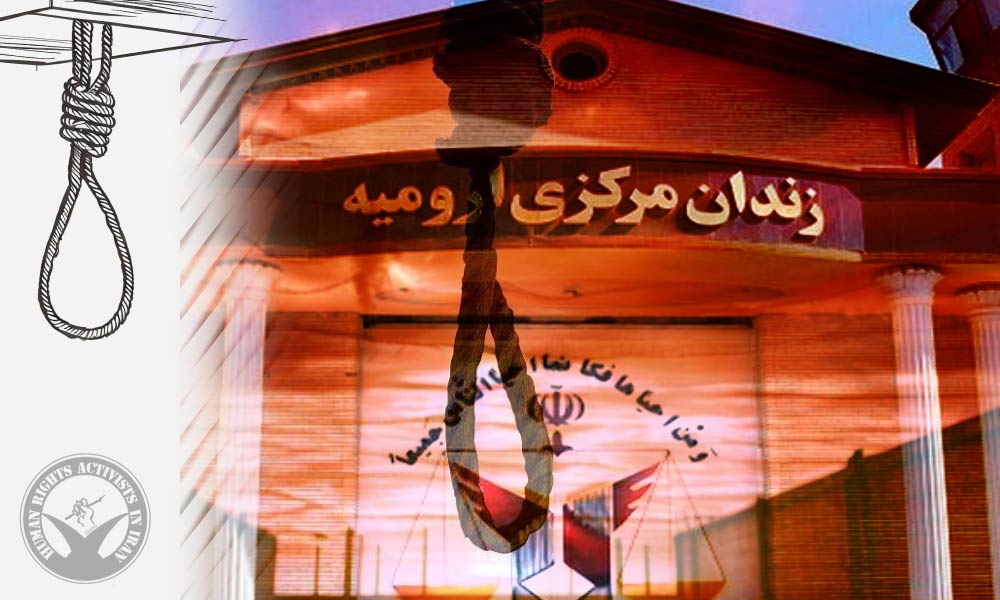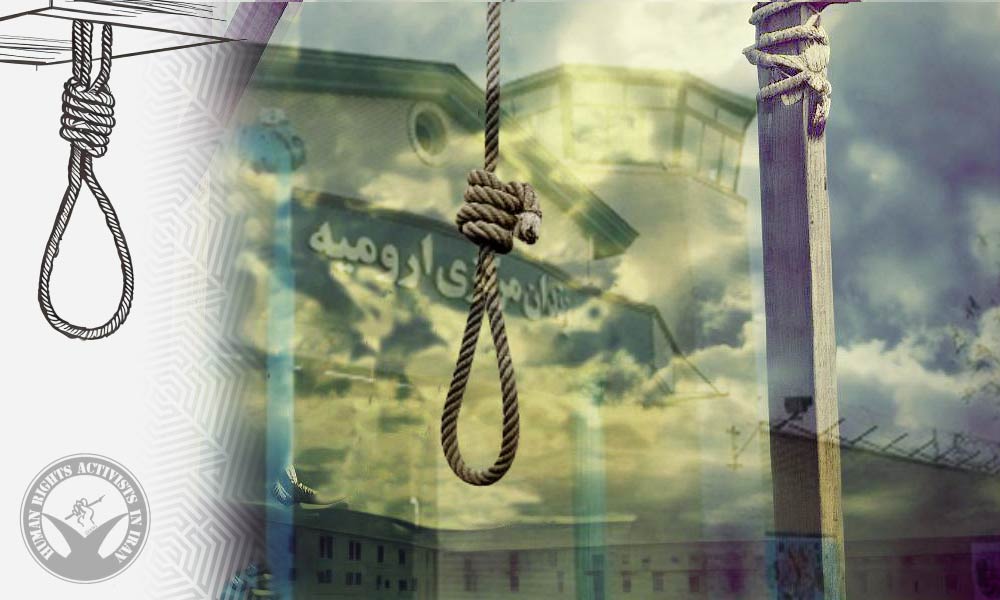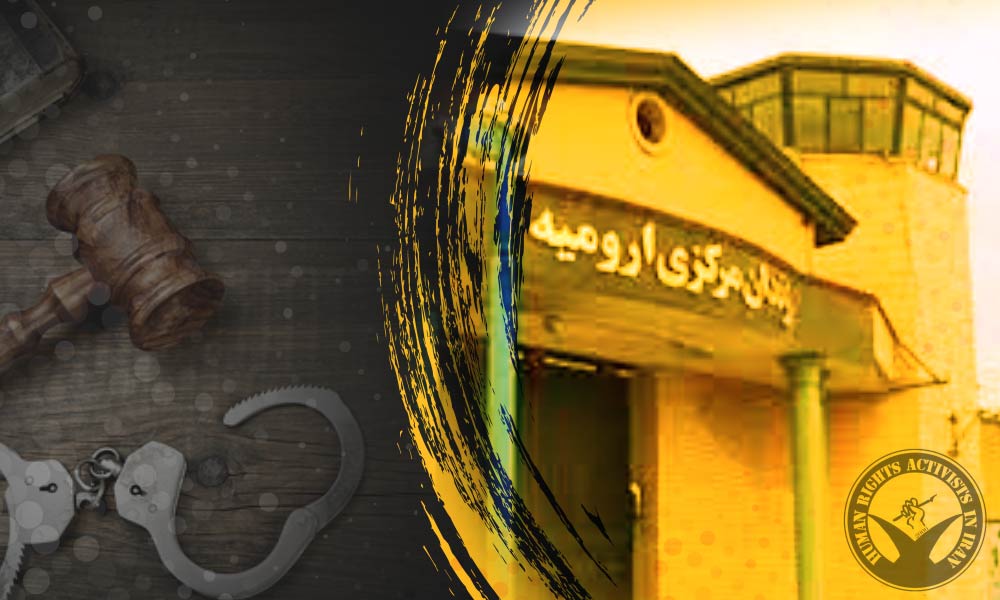On December 29, 2023, against the backdrop of heightened tensions between Iran and Israel, Aran Omari, Rahman Parhazoo, Vafa Henareh, and Nasim Namazi were executed in Urmia Prison on charges of espionage for Israel.
The individuals, including Mansour Rasouli, received death sentences as part of a contentious legal case known as “interrogating Mansour Rasouli.” Yesterday, HRANA reported their relocation to solitary confinement the day before, heightening concerns about their impending execution. In an unexpected turn of events, Rasouli was returned to prison, reportedly due to a significant development in his legal case.
In October 2021, these five individuals, along with three others, were apprehended and interrogated on charges of espionage. Subsequently, in February-March 2022, they were incarcerated in Urmia Prison, receiving death sentences for their alleged “intelligence collaboration with Israel.”
In May 2022, media outlets released a video featuring a man claiming to be an IRGC member, interrogated by Israeli forces within Iran, confessing to planning an attack on Israel. Later, the same individual, Mansour Rasouli, retracted his confession, stating he was a farmer abducted and coerced into making false statements. Three weeks later, the IRGC announced the arrest of several individuals allegedly collaborating with Israel and engaging in kidnappings to extract fabricated confessions.
An informed source disclosed to HRANA that Rasouli had been a former IRGC member, paid to record voice and video files for use against other defendants. Rasouli was arrested after obtaining confessions from other defendants in this case.





